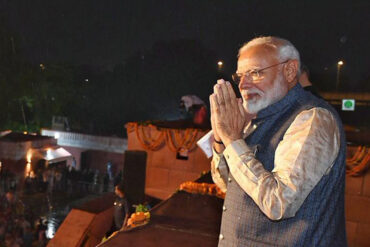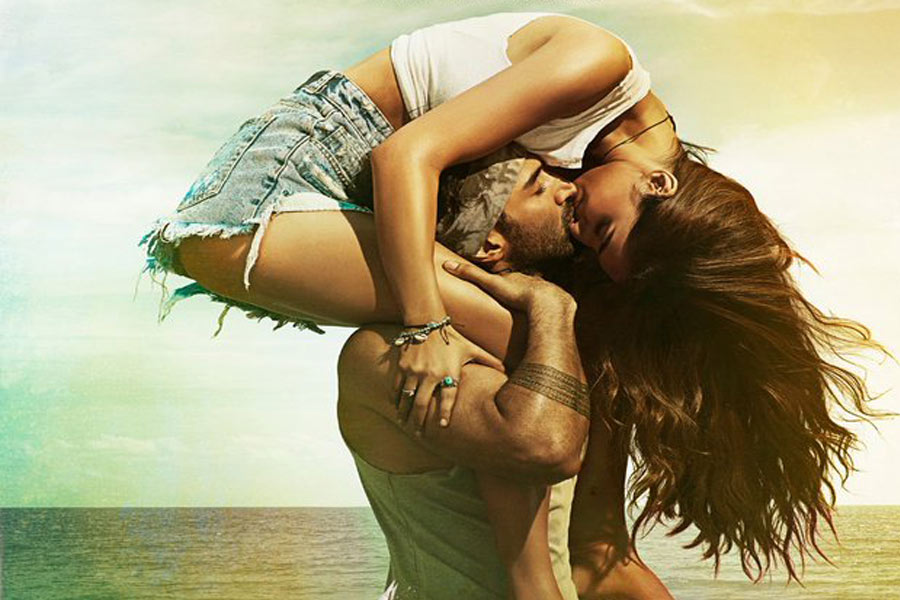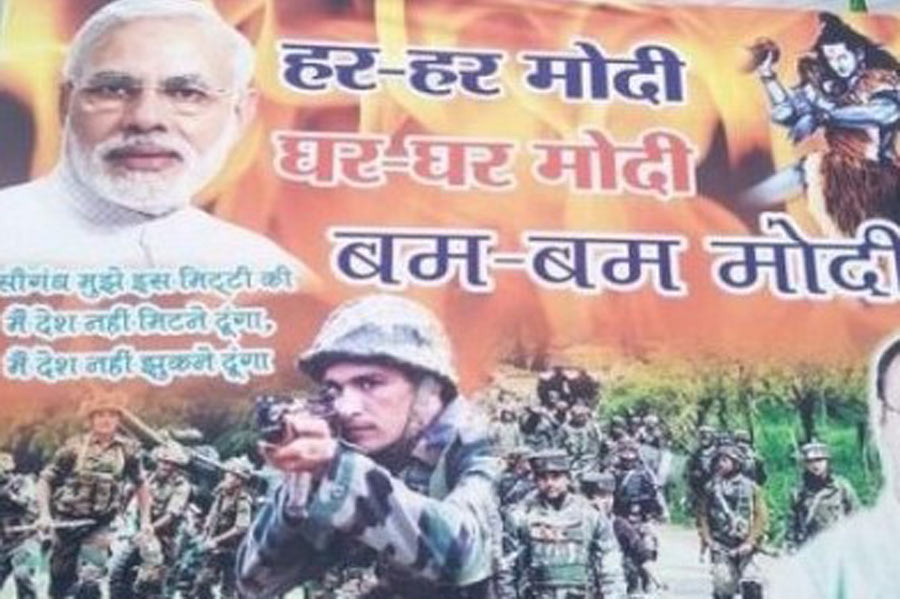
Never in the history of Independent India have people been so polarized and so hostile towards each other. The British famously adopted the “Divide and rule policy” to perpetuate their rule in India. This strategy seems to have made a comeback bundled with a political ideology, threatening to rip apart the secular fabric of our nation.
What is even more dangerous from a national security standpoint has been the blatant politicization of the country’s armed forces in the last few years—so much so the security forces find itself in a state of conflict today.
The Armed Forces and its apolitical nature
The Army has always been an apolitical institution unamenable to external influences. In fact, there is a rule that bars army officers from having political conversations inside the mess. The Army and its dependent families are regarded as a single unit.
So, when our Defence Minister, Nirmala Sitharaman, passed a strange order to open roads for civilians in military cantonments, there was uproar in the military circle. Apart from the obvious security breach that may have happened because of this order, it would also have blurred the lines which shield the army from external influences.
A good example is the Police forces. The reason our Police forces has lost credibility over the years is because it has been unable to distance itself from political, religious and cultural influences. The reason being that the Police forces work in close proximity with the civilian population.
Uri and its aftermath
One of the first instances of using the Army as a political tool was witnessed in the aftermath of the terrorist attack in Uri in September 2016. On 29 September 2016, the Army conducted “surgical strikes” against militant launch pads in Pakistan-occupied Kashmir. Despite varying accounts about the operation, the Bharatiya Janata Party (BJP) government lost no time in claiming credit. The government even went on to claim that no surgical strikes had ever been conducted in the past.
It opened a Pandora’s box, with the Army veterans coming up with their own accounts of similar cross border strikes in the past. The Congress soon claimed ownership of at least six surgical strikes conducted during the Manmohan Singh Government, except they were never publicized or encashed for political gains at the time. The politicization of the brave feats of our armed forces for one-upmanship doesn’t bode well.
The rogue hero India didn’t need
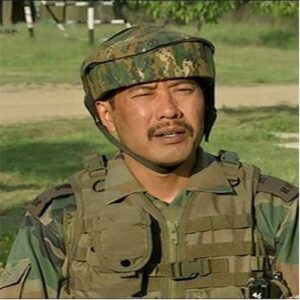
In April 2017, during the Lok Sabha by-elections in Srinagar, a man was tied to the bonnet of a jeep and used as a human shield to deter Kashmiris from pelting stones. The image of the incident brought mixed reactions from various quarters. While some dubbed it a violation of the Indian Army’s ethos and Standard Operating Procedure, many cheered on and hailed the officer as a hero.
Army Chief General Bipin Rawat chose to award Major Gogoi with a commendation card even before the conclusion of an inquiry against the Major. The officer was also allowed to talk freely with the media, against the rules and regulations laid down by the Army.
Two years later, in May 2018, Major Gogoi was once again in news—this time for fraternizing with a local Kashmiri girl in clear violation of military discipline. The officer faced disciplinary action and lost six months of seniority on this account.
Meanwhile, T- Shirts where sold with images of the Kashmiri man tied to the jeep, clearly in bad taste but nobody raised any objections because members of the ruling party were behind it. The Army was not only being politicized but also being commercialized.
The blurring of the lines from Pulwama to Balakot
On 14 February 2019, 40 soldiers of the Central Reserve Police Force (CRPF) were killed in one of the deadliest suicide attacks in Pulwama. Almost 12 days after this attack, the Indian Airforce conducted an airstrike in the vicinity of the town of Balakot in Khyber-Pakhtunkhwa province in Pakistan.
India’s fourth estate, or at least the electronic media, immediately swung into action like public relations agencies putting out unofficial figures and numbers of casualties without any verification or official confirmation solely based on “sources”.
Soon, news of Wing Commander Abhinandan being captured during a counter-offensive by Pakistan put a halt to premature celebrations. As soon as Wing Commander Abhinandan was released as a “peace gesture” by Pakistan Prime Minister Imran Khan, our PM was quick enough to claim credit for everything while the fawning news channels wasted no time in declaring how the Modi Government had taught Pakistan a lesson unlike his predecessors.
An Ideological conflict within the olive greens
One of the disturbing trends of late has been news channels pitting veterans against each other on Television debates. Watching retired generals and colonels engaging in a screaming match in news studios for the pittance paid as appearance fees is a sorry sight to behold.
Recently, when the INS VIRAT controversy broke, even retired naval officials didn’t shy away from slandering and questioning each other’s credibility and professional achievements on public platforms in a bid to pander to the narrative of one political party. The blatant use and abuse of our armed forces to validate political calls and divert attention is a dangerous trend which will eventually harm the credibility of our Armed Forces.
A precedent had been set, where political parties have begun to act as mouthpieces of the Armed Forces and the Armed Forces as mouth pieces of politicians.
Riding piggyback on the Army to win the election
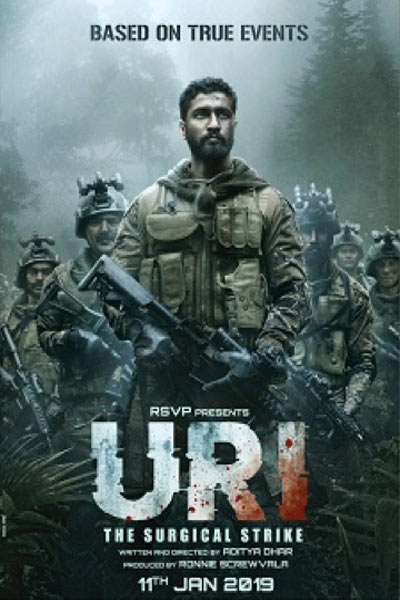 Recently, a number of veterans wrote to the president expressing their displeasure over the use of military by political parties to further political agendas including the unsavory comment made by UP Chief Minister Yogi Adityanath, where he termed the Indian Army as “Modi’s Army.”
Recently, a number of veterans wrote to the president expressing their displeasure over the use of military by political parties to further political agendas including the unsavory comment made by UP Chief Minister Yogi Adityanath, where he termed the Indian Army as “Modi’s Army.”
The Prime Minister is himself guilty on this count—NDTV’s fact-check came up with a figure of 168 for the number of times Prime Minister Modi used the words “Pulwama”, “Armed forces” and “Jawans” in his election campaign.
Three months before the general elections, both Narendra Modi and Defence Minister Nirmala Sitharaman unabashedly invoked a line from the war film Uri: “How’s the josh?” cleverly riding on the film’s popularity. Patriotism and national security would soon be sole election narrative that the BJP would use during their campaign.
Something has to be done to stop the politicization of the Army or, it will leave a permanent question mark on the integrity of one of the most revered institutions in India.





